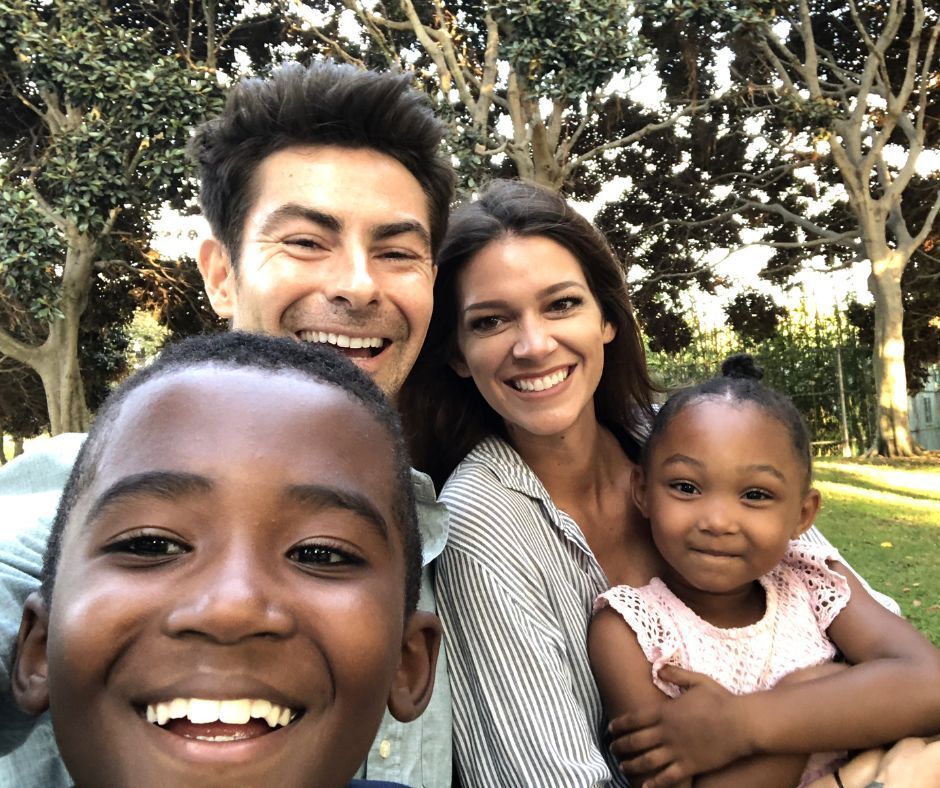We’re often drawn to our partners because they bring something different to the table. That difference might feel exciting in the beginning—balancing us out or offering a fresh way of seeing the world. But under chronic stress, those same differences can turn into tension. Most couples respond to challenges in opposite ways. What once felt complementary can start to feel conflicting when life gets heavy.
If you're raising children with a history of early adversity or complex needs, you may be living in an extended season of stress. Crisis isn't occasional—it’s the backdrop. Supporting your children and maintaining a strong, connected partnership in the middle of this takes intention. You are each other’s best ally. Don’t let the weight of it all pull you away from the one person who truly understands what it’s like to parent your child.
Notice the Good Stuff
Our personalities don't shift much over time. If you stop to think about it, your partner probably still does many of the things that made you fall in love with them—you're just too overwhelmed to see it clearly. Try this: when your partner is away for a night or two, pay attention to how their absence affects the daily flow. Is bedtime harder without them? Does making breakfast feel lonelier?
Take a few minutes each night to jot down three things your partner did that day that you appreciate—big or small. Did they make the coffee? Sit with your child through a meltdown? Make you laugh? This simple habit can start to rebuild affection and change how you see your partner.













